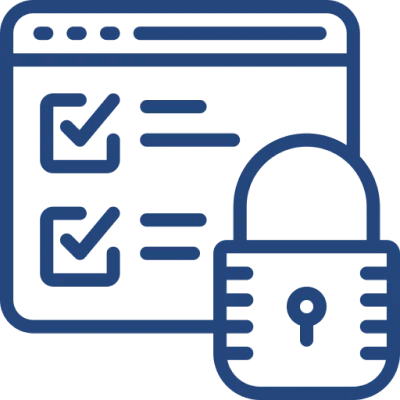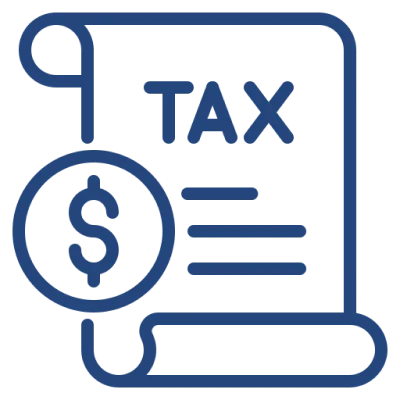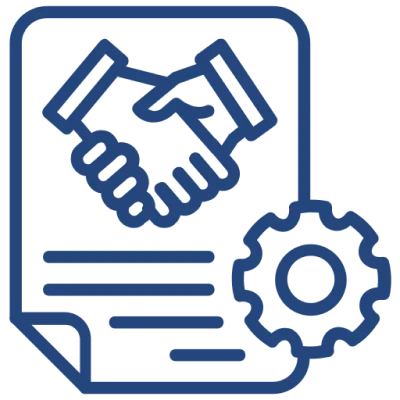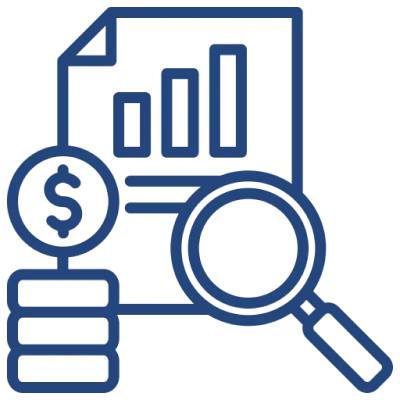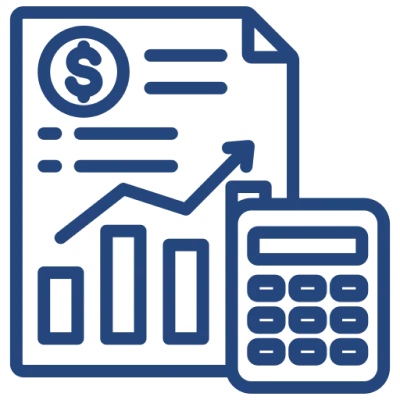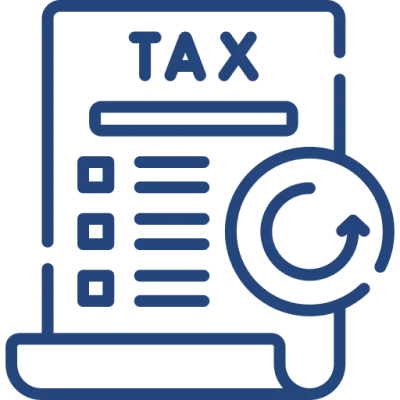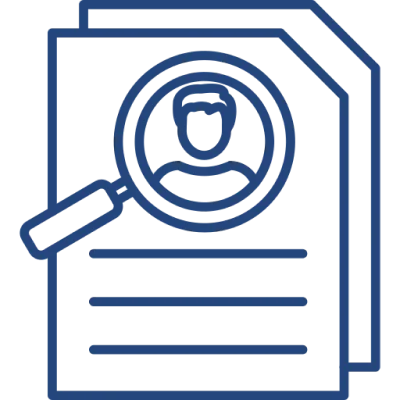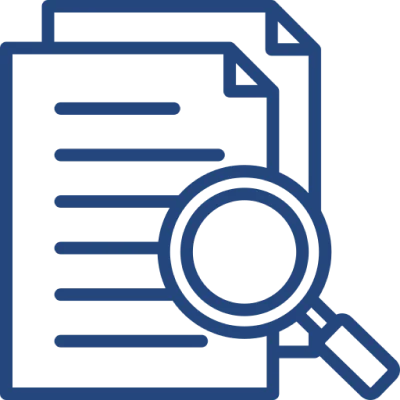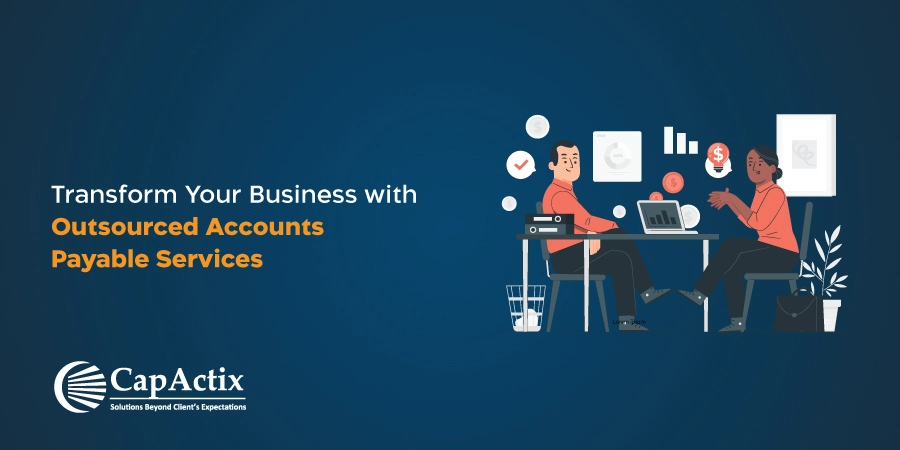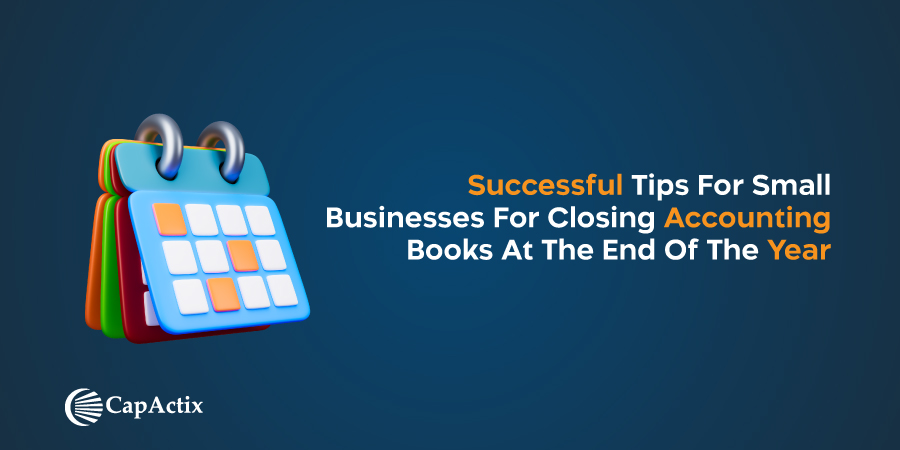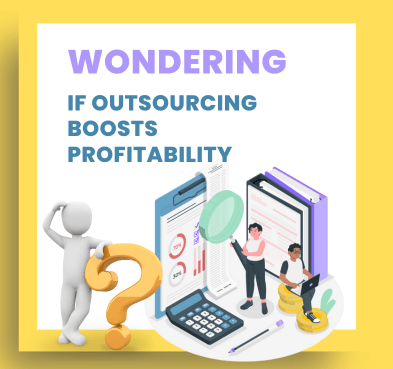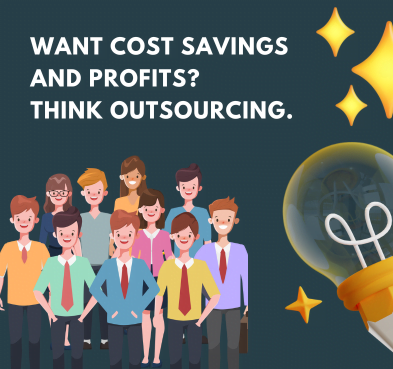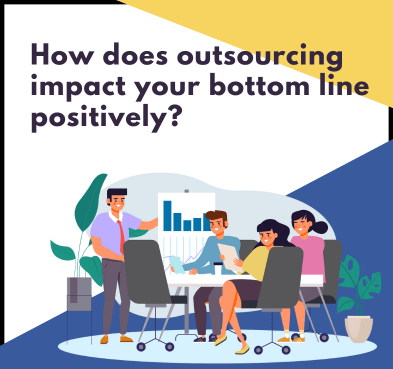No matter how smooth and good your year was, there is always a rush, confusion, and stress during the end of the financial year. Closing the book of accounts at the end of the financial year requires every business to follow many protocols irrespective of their business types, such as customer statements, bank account reconciliation, financial document preparation, tax filing, and a variety of other tasks many others. It is for that reason; it becomes crucial for small businesses to follow a proper structure to make this process smooth.
If you follow the following given tips successfully, not only will you be able to close your book of accounts more smoothly and efficiently, but also this will reduce a lot of stress and the scope of error.

Follow Official Guidelines
First thing first, you must be aware of all the official guidelines while you are closing your accounting book. You should be updated with the latest rules and guidelines to avoid all sorts of errors. Accounting for small businesses entails keeping detailed records of income and spending as well as properly extracting financial data from transactions. It is crucial since this information assists business owners in efficiently tracking and using their resources.
To close the book of accounts, specific procedures must be followed, such as posting journal entries and generating final statements. Closing your books signifies that your reports have been completed and are following accounting standards. These reports indicate your business’s financial situation throughout a certain accounting period.
Create Invoices
Ensuring that all revenue and expenses are documented and up-to-date is one of the most crucial components of closing up your business’s financial year. If you have any unpaid invoices, send them as soon as possible. All unbilled work and orders should be invoiced right away.
Invoice Follow-up
It is crucial to remind all the customers to complete their invoice or payment who have not done it yet. Fortunately, most of the accounting software these days has the option of sending the mail to all such customers, so take full use of it and get a follow-up.
It is important to note all the unpaid invoices in the record so that you have a record of how many customers still owe you. If, after a certain effort, the customer has not completed the payment, then you can write their invoice as bad debt. However, a great deal of discussion needs to be done before coming to this resort to know whether this is good for your business or not.
Expenses Record
It is crucial to have all the records of your expenses. Make sure you’ve kept track of all of your vendors’ bills. Reclassify the component of the total that pertains to this year and enter it under ‘Expenses. Moreover, keep track of all business costs you have spent; you can claim tax deductions on them. You can use reporting tags to categorize such costs, so you’ll know which ones you’ll be able to deduct.
Keeping a record of all these expenses will significantly help you in the accounting closing process. This will provide you with a more realistic picture of your year’s total profitability.
Use Industry Relevant Software
The process of closing an accounting book can be very complex and time taking. Fortunately, in this digital era, many software automates many of the complex functions as well as provides smart support for the problems. This, as a result, makes accounting closing a lot more efficient, smooth, and error-free.
It’s simpler than ever to close your books at the end of the year using accounting software solutions like QuickBooks and Sage. All you have to do now is set aside some time to ensure that all of your transactions for the year are correctly dated and classified. And categorize the uncategorized income, expenditure, as well as other transactions in your accounting system. The rest of the function will be completed by the software.
Mileage Log Update
The end of the fiscal year is full of rush. However, between all the rush and due dates, you must ensure that your logs are updated. This is helpful since it helps in the tax deduction of the business. There are many software’s available that can help you to keep your log updated, such as QuickBooks, as mentioned above. They allow the user to track their mileage on their app, which makes it convenient and hassle-free.
Distinguish Between Personal and Business Expense
Often, small business owners do not have a separate bank account for their business. They manage both personal and official transactions from the same bank account, which can be troublesome for you at the end of the fiscal year. If the IRS thinks that your small business deductions are your costs, you’re in for big trouble. It is for that reason small business owners must ensure that they have a separate bank account for their personal as well as business transactions and distinguish both of them frequently.
Hire a Professional Accountant
Many small business owners often try to do all of their taxes and book of accounts closing by themselves. However, this is not easy as it might sound. It requires a lot of practice, experience, and formal training. If not, then you might end up with a lot of errors which will result in large penalties. It is for that reason you must assign this work to a professional. Now hiring a full-time accountant is not feasible for most small business owners, and even if it is, it will take a lot of resources out of you. One great solution to overcome this problem is by taking the service of accounting outsourcing for small businesses. By outsourcing your accounting work, not only will you save yourself from the trouble of recruiting and managing a full-time accountant, but also they will cost a lot less. They will do the closing of the account books on time, plus their expertise and experience will allow them to do work accurately. Moreover, they’ll be up to date will all the changes and addition in tax regulations and can prepare for any tax increases soon.
Prepare Financial Statement
Rather than waiting for the end moment, you should prepare your financial report either monthly or quarterly. This will allow you to have transparency of your cash flow and income statement allowing you to make better decisions related to your business as well as allows you to analyze your business from different angles. This will save a lot of your time during account book closing at the end of the fiscal year.
Create a Company File
The last thing you want is to lose all the important files and data of your accounts. It is for that reason, you should create company files containing all of your accounting data. To make any necessary year-end changes and file taxes, your accountant will need access to your company file.
You can read about Small Business Accounting Services: Saving time and cost for small business owners
Export the relevant data into separate files and keep them securely in case your program doesn’t have a corporate file capability.
Before closing your book of accounts, you must check all the things carefully to ensure that your books of accounts are error-free and accurate. If everything is up to the mark, you can close your accounting book and secure it with a password. Softwares like QuickBooks allow the user to protect their file with the password encryption system.
Are you a business owner who wants to outsource their accounting work? We can manage all of your accounts and taxes at a reasonable price. Call us today at +1 201-778-0509 or reach out to us at biz@capactix.com.







